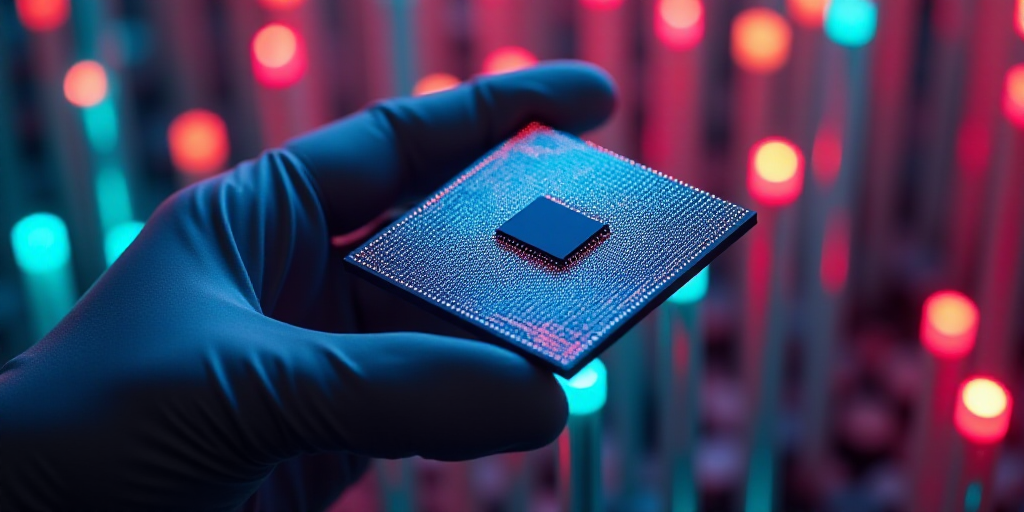Background on the Chip Coalition and its Objectives
All European Union (EU) member states have joined a chip coalition led by the Netherlands, advocating for a review of the EU’s Chip Act, announced the Dutch government on Monday.
Coalition Semicon’s Formation and Recent Developments
The coalition, known as “Coalición Semicon,” was established in March by the Netherlands alongside eight other EU member states. On Monday, they submitted a declaration to the European Commission.
Relevance and Impact of the Chip Coalition
According to Vincent Karremans, the Dutch Minister for Economic Affairs, “Today, all EU ministers agreed that the European industrial strategy must adapt to growing geopolitical tensions in the world.”
EU parliamentarians, industry groups, and companies are pushing for a “Chips 2.0” law to quickly address the gaps in the continent’s semiconductor strategy.
The coalition argues that the bloc needs to update its Chip Act, moving from a primary goal of a 20% market share to a more specific push to secure critical technologies, expedite approvals, and deepen skills and funding throughout the semiconductor supply chain.
Previous Chip Act’s Shortcomings
The original EU Chip Act spurred investments but failed to attract advanced chip manufacturers after Intel abandoned plans for a large factory in Germany.
In late March, the European Court of Auditors stated that the EU’s goal of achieving 20% of global chip market production by 2030 was unattainable at the current pace.
Key Questions and Answers
- What is the Chip Coalition? The Chip Coalition, or “Coalición Semicon,” is a group of 10 EU member states led by the Netherlands, advocating for an updated EU Chip Act to strengthen the bloc’s position in semiconductor technology.
- Why is the current EU Chip Act being reviewed? The existing EU Chip Act has not been successful in attracting advanced chip manufacturers, and the 20% market share goal by 2030 is deemed unattainable. The coalition aims to address these issues by focusing on critical technologies, expediting approvals, and enhancing skills and funding in the semiconductor supply chain.
- Who are the key players involved in this initiative? The Dutch government, EU parliamentarians, industry groups, and European companies are all actively participating in pushing for the “Chips 2.0” law.
- What impact could this updated Chip Act have? If successful, the revised EU Chip Act could strengthen Europe’s position in semiconductor technology, attract advanced manufacturers, and foster a more robust and resilient supply chain.






